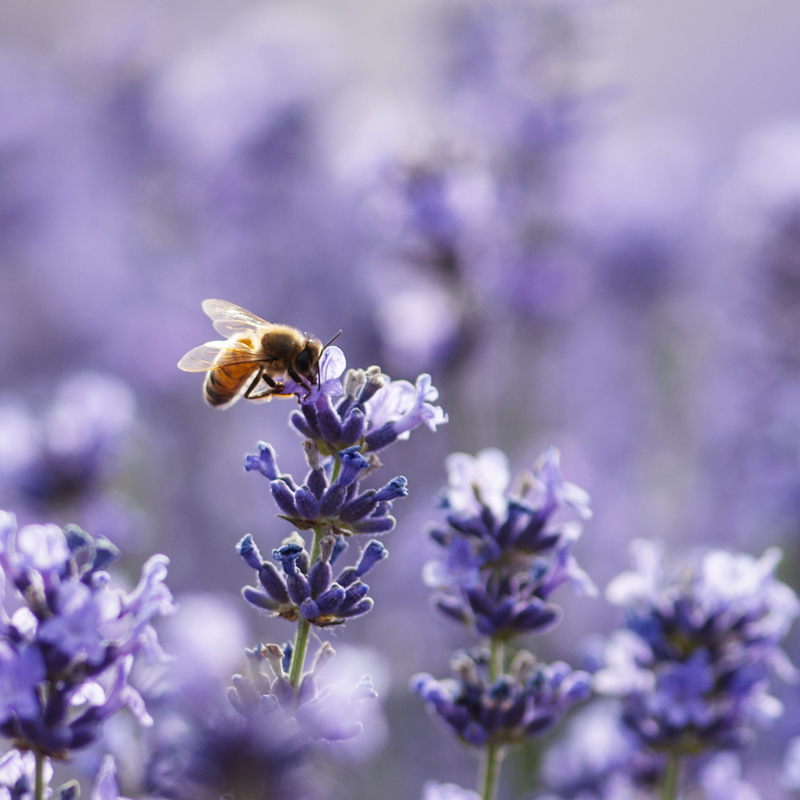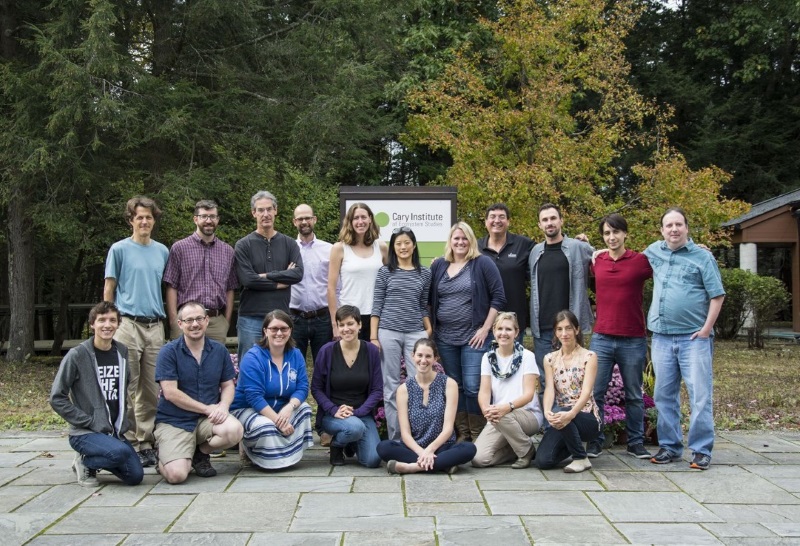A recently published Proceedings B article used a macroecological approach to investigate factors influencing why some parasites show a tendency to infect species in their host phylogeny, while others don’t.

The distribution of parasites across mammalian hosts is complex and represents a differential ability to infect different host species. A recently published Proceedings B article used a macroecological approach to investigate factors influencing why some parasites show a tendency to infect species in their host phylogeny, while others don’t. Dr Andrew Park from the University of Georgia tells us more about his paper.

Recent members of the NSF-funded Macroecology of Infectious Disease Research Coordination Network, including manuscript lead author Andrew Park (front row, 2nd from left) and several co-authors.
Like many people, we were interested in which parasites are generalist and which are specialist. For example, generalist parasites may be problematic if ‘species-jumping’ causes significant problems in new host species. As we got together as a research group, we recognised that we had a great data set of around 400 mammal species and 1500 parasite species. As we were discussing our plans to analyse it, we would change our emphasis about the particular type of generalism depending on the underlying biology we were most interested in.
Which parasites have the most host species? Are those host species typically related to each other? Just how unrelated can two hosts be and still share parasites? Does it matter if the parasites are acquired from contact between host individuals, compared to from the environment? Do taxonomically distinct parasites (say, worms and viruses) show the same sorts of patterns?
We centered this study on phylogenetic generalism, paying most attention to the relatedness of host species for any parasite. Three complementary metrics arose from this: the average relatedness of any pair of hosts, the span of the parasite (how unrelated the two least related hosts are) and the aggregation (the tendency for parasites to affect clumps of host species in the mammal phylogeny – perhaps indicating occasional species-jumping followed by creeping acquisition of related host species).
Parasite groups show a lot of variation in their generalism: bacteria are most generalist and protozoa are most specialist, on average. Contact transmission tends to be associated with specialism, environmental transmission usually results in generalism, and transmission involving other species (vectors and intermediate hosts) typically falls somewhere between. The jump-and-creep pattern is not so common, but most likely to occur in worms and protozoa – relatively biologically complex parasites.
We wanted to chart this vast variation in phylogenetic generalism displayed by hundreds of parasite species, which we hope will catalyse new research and provide a backdrop to consider particular case studies, for example, a specific zoonotic event.
The international team involved in this paper brought together experience in parasitology, macroecology, data science and computer coding, and was a healthy mix of early career and more experienced scientists. As the lead author, my job partly involved coordination of several strands of research, and I was lucky to have experts in many areas to support that role. The author also shared this thoughts on publishing in Proceedings B:
“Proceedings B was the only venue we pursued for this work. We went through a few rounds of revision, which helped to improve the narrative of the paper. Once the paper was accepted, things moved fast, with rapid and clear communication from members of the publication team.”
Proceedings B is looking to publish more high-quality research articles and reviews covering the microbiology field. If you have an idea for a review, we strongly encourage you to submit a proposal by completing our proposal template and sending it to the journal.



